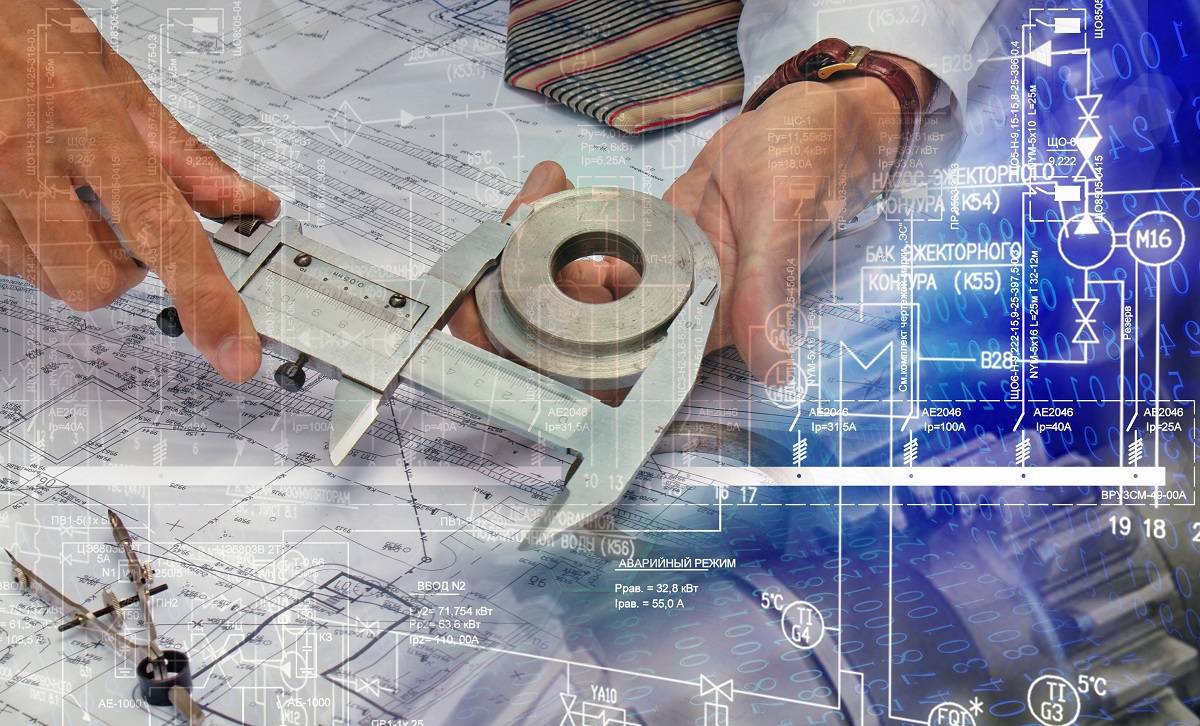The era of the fourth industrial revolution is redefining the horizons of innovation within the manufacturing industry. At the intersection of quality 4.0 and artificial intelligence, companies have the opportunity to explore innovative methodologies that surpass traditional frameworks such as DMAIC.
The utilization of AI not only improves process efficiency but also provides the ability to transform raw data into strategic insights. Quality 4.0, with its focus on advanced technologies, fosters a culture of innovation, encouraging collaboration between humans and machines.
By integrating predictive analytics tools and cyber-physical systems, industries can minimize anomalies, optimize resources, and personalize their offerings. This dynamic revolutionizes production methods, thus meeting the demands of an increasingly competitive market. By adopting this duality between AI and quality, companies open themselves to a future where technical innovation and optimal performance become the norm.

Currently, the manufacturing industry is at a decisive turning point due to the emergence of Artificial Intelligence (AI) and the concepts of Quality 4.0. While traditional tools like DMAIC (Define, Measure, Analyze, Improve, and Control) have been effective in improving processes over the years, the integration of these new technologies represents a shift to a more proactive and dynamic approach to quality management.
Table des matières
ToggleThe current landscape of manufacturing and the impact of AI
The digital revolution is redefining standards in the manufacturing sector. According to a recent McKinsey study, about 70% of manufacturing companies consider AI to be a strategic priority. Smart production systems, which integrate machine learning algorithms, allow for real-time optimization of processes, thus transforming the way operations are managed.
For example, in the automotive industry, major names like Audi are adopting AI technologies to reduce defects and ensure optimal quality. The use of sensors connected to AI systems allows anomalies to be detected almost instantaneously, reducing costs related to scrap and non-compliance.
Another rapidly evolving sector is that of additive manufacturing, where 3D printing, coupled with AI technologies, not only accelerates the creation process but also improves the precision and flexibility of productions. The company Materialise, for instance, uses AI to optimize each layer of printing according to the specific needs of the product, taking a new step in the customization of parts.
Towards a new definition of quality with Quality 4.0
The concept of Quality 4.0 embraces the idea that quality should not only be verified at the end of the production process, but rather integrated at each step, thereby improving efficiency and reducing the risks of errors. By leveraging data generated by machines and utilizing AI, manufacturers can better understand the interrelationships between different production parameters.
An interesting case study is that of the company Six Sigma, which recently integrated AI tools into its quality processes. By analyzing the data collected by their machines, they were able to identify weaknesses in their production chain and make real-time adjustments, leading to a 30% reduction in manufacturing defects.
To make this possible, it is essential for companies to invest in infrastructures capable of collecting and analyzing data on a large scale. Technologies such as IoT (Internet of Things) play a crucial role in this transition. Moreover, consolidating data analysis tools allows for extracting insights and making informed decisions, thus transforming challenges into opportunities for innovation.
Practical strategies for integrating AI and Quality 4.0
To leverage the advantages brought by AI and Quality 4.0, several strategies can be implemented. First, it is imperative to train staff on new technologies and the use of data analysis tools. A survey conducted by Deloitte revealed that 56% of employees in the manufacturing sector believe that better training in AI would improve overall productivity.
Next, it is crucial to promote a culture of innovation where experimentation is encouraged. Companies can establish multidisciplinary teams dedicated to innovation, where members share ideas and test new approaches without the fear of failure. For example, the French company Renault encourages its teams to constantly innovate by setting up regular ideation workshops.
Finally, continuously evaluating and adjusting the processes and technologies implemented is essential. By adopting agile methodologies, companies can quickly adapt to market changes and respond smoothly to new consumer demands.
Furthermore, to ensure that the integration of AI and Quality 4.0 is successful, it is strongly recommended to collaborate with start-ups and technology companies specialized in these areas. These collaborations can bring fresh ideas and innovative perspectives that may not necessarily be conceivable internally. Strategic alliances, like that of BMW with AI technology start-ups, for example, have allowed them to stay at the forefront of innovation.
These steps will constitute a solid framework for companies wishing to evolve in the era of the Fourth Industrial Revolution while relying on a results-oriented quality.
For companies looking to go further, in-depth studies and regular technological monitoring are also recommended. These activities will help to remain receptive to upcoming innovations in the field of manufacturing and quality, thus facilitating the successful adoption of new technologies.

FAQ
What is DMAIC? DMAIC is a systematic methodology that is part of Six Sigma, used to improve processes in five steps: Define, Measure, Analyze, Improve, and Control.
How does artificial intelligence contribute to quality 4.0? Artificial intelligence allows for the automation and optimization of processes, providing real-time data analysis to improve the quality of products and services.
Why talk about Quality 4.0 in the manufacturing industry? Quality 4.0 integrates digital and data technologies to transform quality management methods, focusing on prevention rather than correction of defects.
What are the advantages of innovation in the industry thanks to AI? AI-driven innovation can reduce costs, improve operational efficiency, and enable greater personalization of products.
What does Industry 4.0 consist of? Industry 4.0 refers to the convergence of digital technologies, automation, and the Internet of Things to create smart, interconnected factories.
How can companies prepare for this transformation? Companies need to invest in digital technologies, train their employees, and adopt a culture focused on innovation and continuous improvement.





